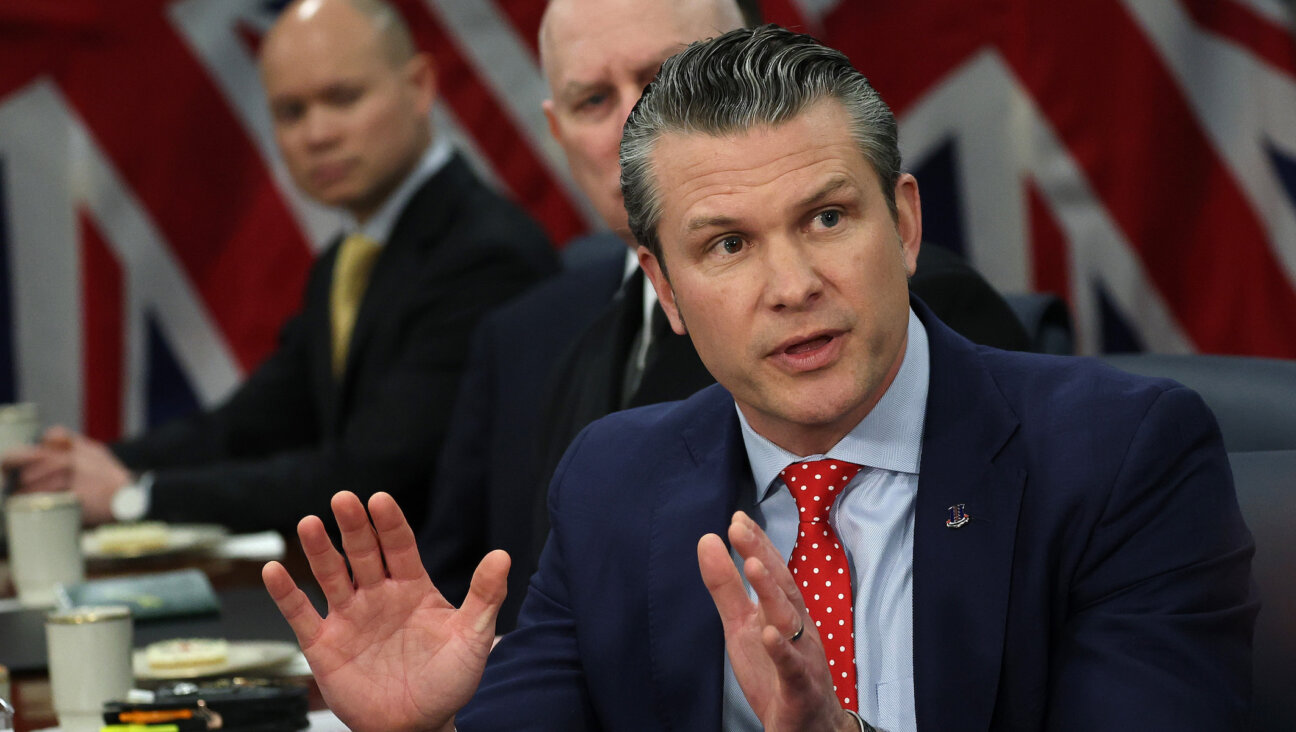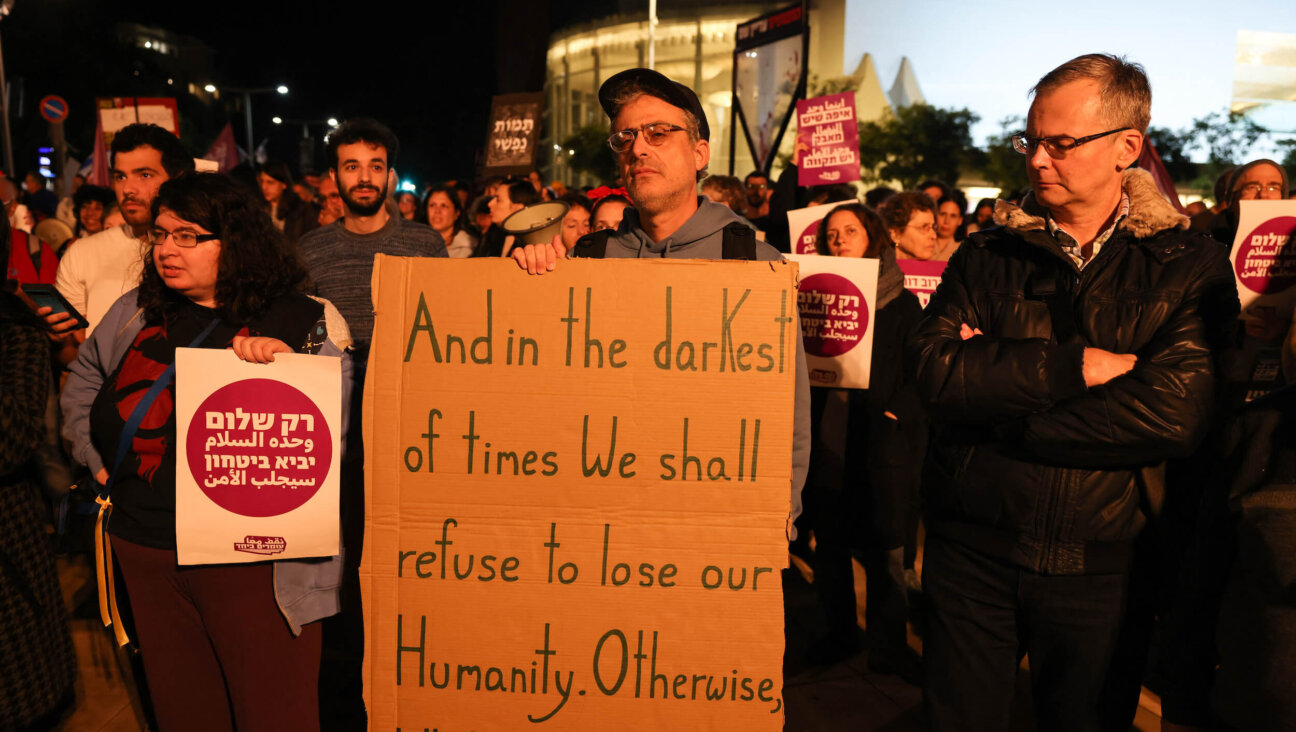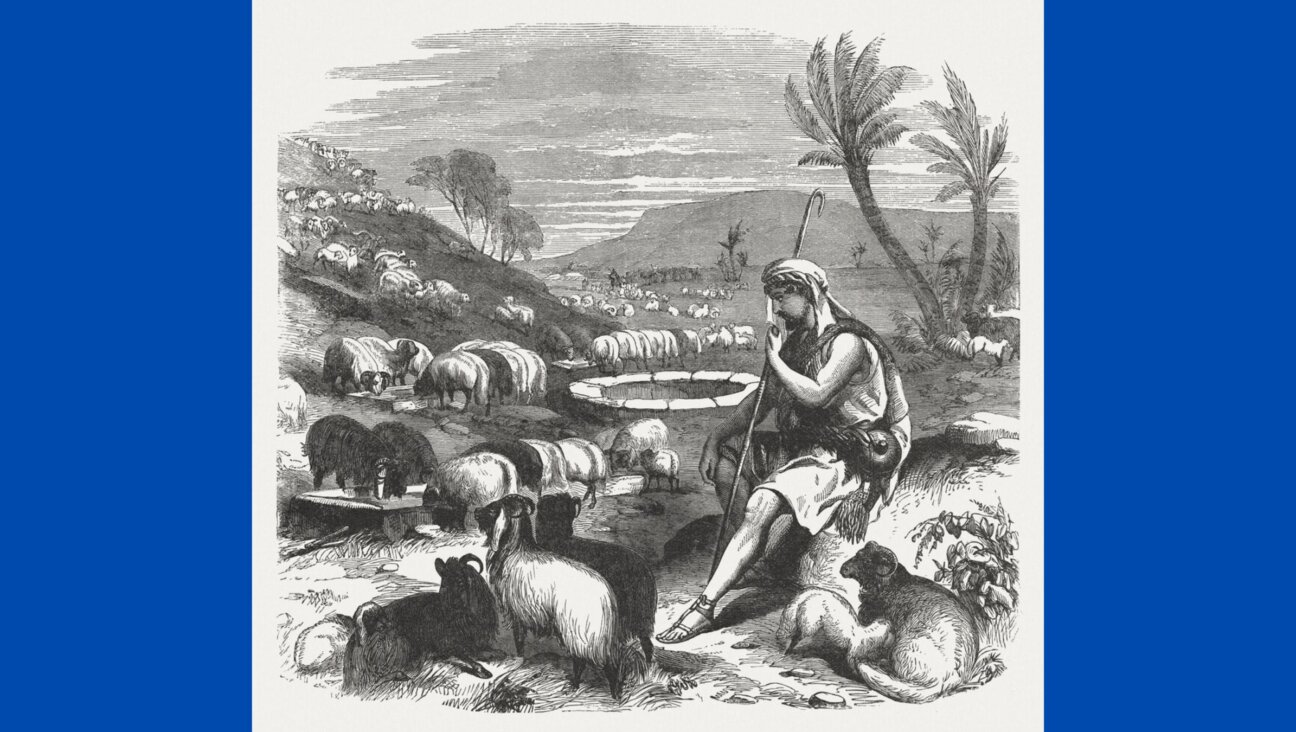Surging Austria Far Right Aims for Gains in Vote

Image by getty images
A resurgent right-wing party keen to end taxpayer-funded bailouts of euro zone laggards takes on Austria’s political establishment in parliamentary elections on Sunday.
The ruling Social Democrats (SPO) and their People’s Party (OVP) conservative partners are counting on their record in piloting the Alpine republic through the global financial crisis relatively unscathed to win another five-year term.
Opinion polls show the two pro-Europe parties that have dominated post-war politics seem set to scrape to a combined majority, with the anti-immigrant and eurosceptic Freedom Party (FPO) hard on their heels.
But the two mainstream parties may need to find a third partner to govern should two small blocs clear the 4 percent hurdle for entering parliament.
The environmentalist Greens, an opposition party that has sided with the coalition on European issues such as creating the European Stability Mechanism (ESM) bailout fund, is the most likely option should the big two need a partner to govern.
Polls close at 1500 GMT, when initial projections are set to appear. Preliminary official results are due around 1730 GMT, but in a very close election the outcome may not be clear until domestic absentee ballots are counted by Monday.
Chancellor Werner Faymann’s SPO has led the pack from the start, campaigning on a platform of defending jobs and pensions and redistributing wealth via a new tax on millionaires.
The more free-market OVP, led by Foreign Minister Michael Spindelegger, has called for liberating business of red tape to promote economic growth and help shore up public finances hit by aid to bailed-out banks.
Heinz-Christian Strache’s FPO is set to improve on the 17.5 percent it got in the 2008 elections. It may even overtake the OVP despite competition from car-parts magnate Frank Stronach’s new party, also eurosceptic but without the anti-foreigner tone.
Faymann has said he wants to form a new coalition with the OVP should he win, while Spindelegger has declined to say the same, leaving the door open for a centre-right coalition.
Unlike in neighbouring Germany, where Chancellor Angela Merkel won a landslide victory on Sunday partly on the strength of the German economy, many Austrians feel hard done-by despite the lowest EU jobless rate and economic growth clearly above the EU average.
A series of corruption scandals has also shaken faith in Austrian politicians, helping trigger ructions at provisional elections this year that ousted long-entrenched parties.
















